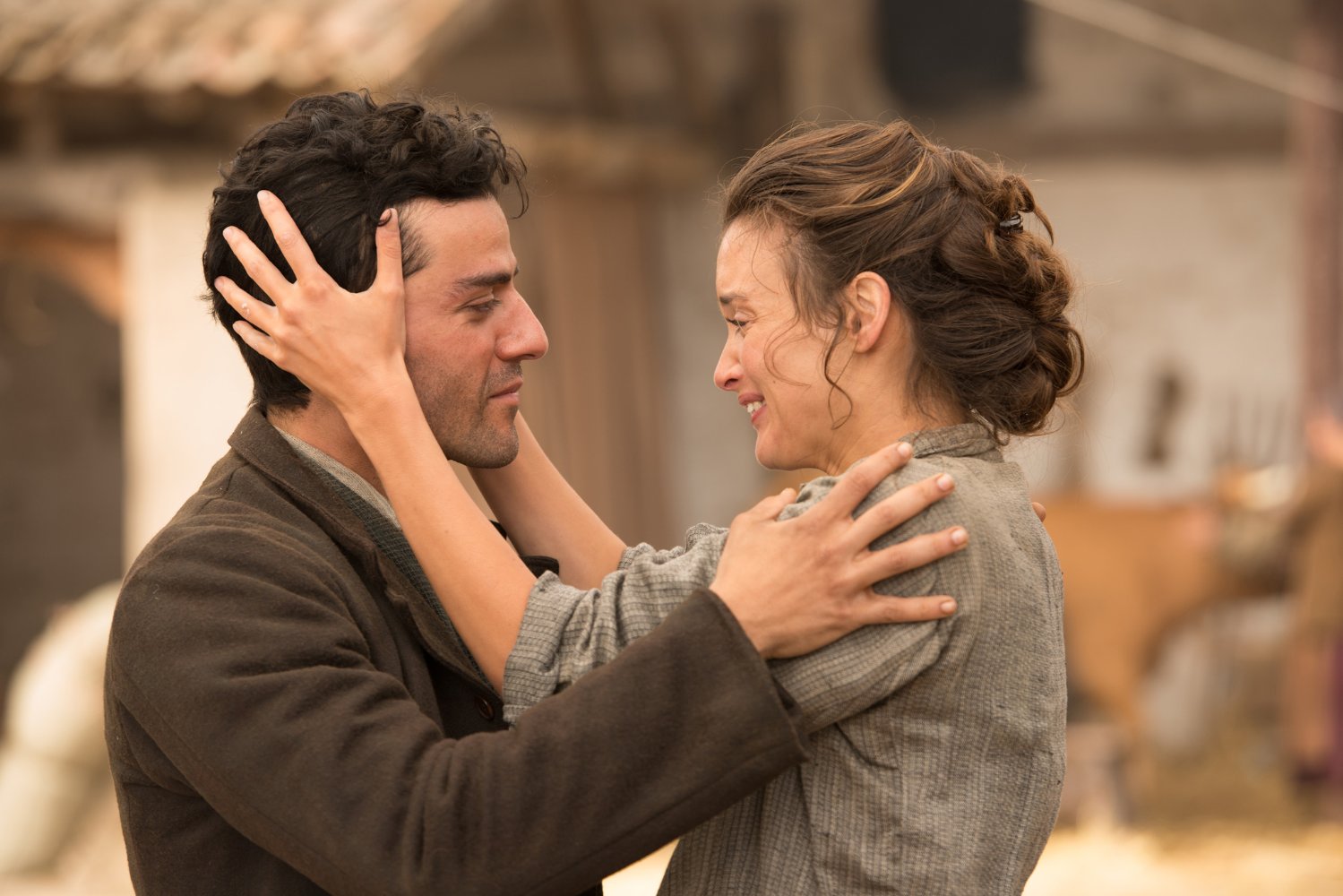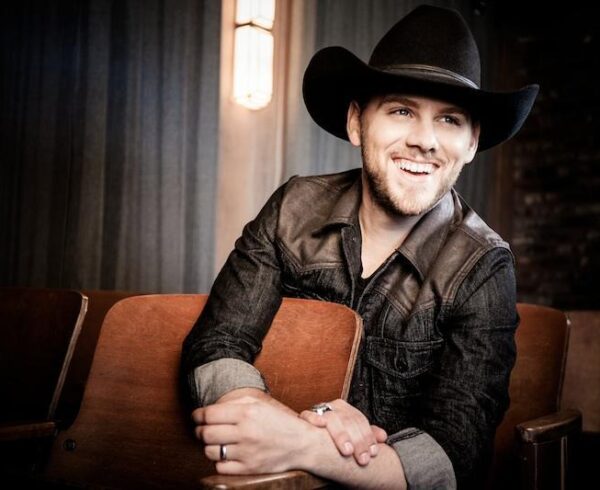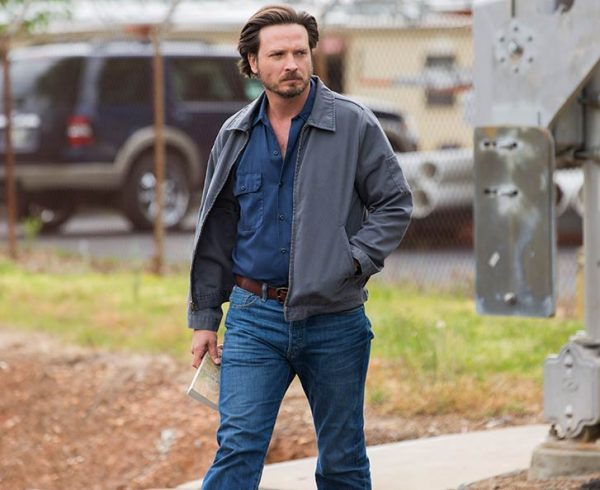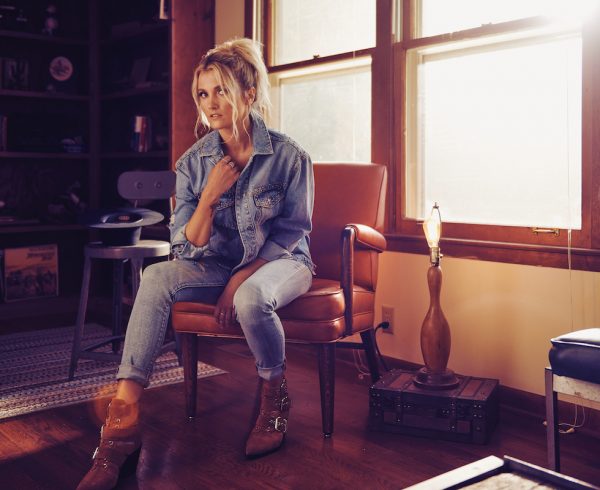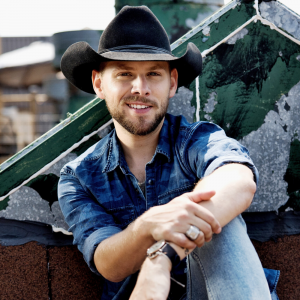Hollywood didn’t want to touch The Promise, producer Ralph Winter says (interview)
Veteran filmmaker Ralph Winter calls The Promise the movie that Hollywood didn’t want to touch.
But it is a project he couldn’t resist.
The historical drama has just opened (April 21) and recounts the true story of the Armenian Genocide, a largely forgotten episode from World War I in which 1.5 million Armenian Christians living within the Ottoman Empire were exterminated. It sometimes is called the “forgotten Holocaust.”
It is told through the eyes of three fictional characters: Mikael (Oscar Isaac), a medical student; Ana (Charlotte Le Bon), an artist from Paris; and Chris (Christian Bale), a photographer from the U.S. All three are living in Constantinople – modern-day Istanbul – when the war breaks out.
Winter, an executive producer of the film, said filmmakers got pushback from every segment of society, including the studios.
“They didn’t distribute this movie. They don’t want to touch it,” he told SCENES.
The nation of Turkey, which was formed out of the fall of the Ottoman Empire, still denies that the genocide even took place. That has led to some awkward moments in U.S.-Turkey relations, such as Barack Obama calling it a genocide as a presidential candidate but then refusing to use the same term after he was elected.
“We feel proud of the story and proud of getting it out there,” Winter said. “We want it to be Schindler’s List for the Armenian community. We want to gain that attention and plant the flag and put our marker in the ground and say, ‘This is the definitive story.’”
Winter, who lives among a large Armenian population in California and has Armenian friends, has been a producer for 40 feature films, including Captive (2015), Wolverine (2009), X-Men 2 (2003), and four of the Star Trek films.
Story continues below trailer
He’s also well-known for his Christian faith, and each year teaches a class at his church in Montrose, Calif., where he examines the Oscar Best Picture nominees from a biblical perspective.
SCENES spoke with Winter about The Promise and his goals for the film. Following is a transcript:
SCENES: This seems to be a story that most people don’t even know anything about. Why is that?
Winter: There are a couple of reasons why it’s not as well know. Part of it is that it’s been suppressed. This movie, this story in general, has tried to be made for the last 40-50 years and has not gotten any traction. There have been low-budget versions of this story that have made — $1 or $2 million. I’ve made low-budget movies in the past, and it’s hard to get traction. There have been documentaries about this. But they pretty much have been contained in the Armenian community. I think this is probably really the first real sizeable effort to get size and scope to this and to get it out to a wider audience. This one, unfortunately, has so many parallels today as we see what’s happening in Syria and Sudan and the Kongo, etc. It just rings true in a very present way because of what we see in the news.
SCENES: When you make a movie about an event like this – a genocide — how do you make sure it doesn’t come across as a documentary?
Winter: Our approach was to make it a love story that happens to take place in the beginnings of World War I and the fall of the Ottoman Empire, and the tragedy that happens in the background. If we can draw you in with the love story and at least view this through those eyes, it has the potential for you to engage. Every great movie is about a journey, and usually it’s a journey of an ordinary person who is thrust into extraordinary circumstances, and that’s what this is. You follow Mikael – he’s just trying to make his way in Constantinople, but he’s caught up in a whirlwind of global forces and persecution and racism that affects him. It’s about to grind him up the way it ground up so many others.
SCENES: What is the takeaway? How do you want this to impact people?
Winter: I hope that there’s an emotional response. I hope that there’s a sense of horror and a sense of sadness of what took place, and hopefully that leads to action, to remembering – the whole campaign we have is about keeping the promise, of remembering this, and relating it to this and other genocides that are happening that will continue if we are silent.
The Promise is rated PG-13 for thematic material including war atrocities, violence and disturbing images, and for some sexuality.

